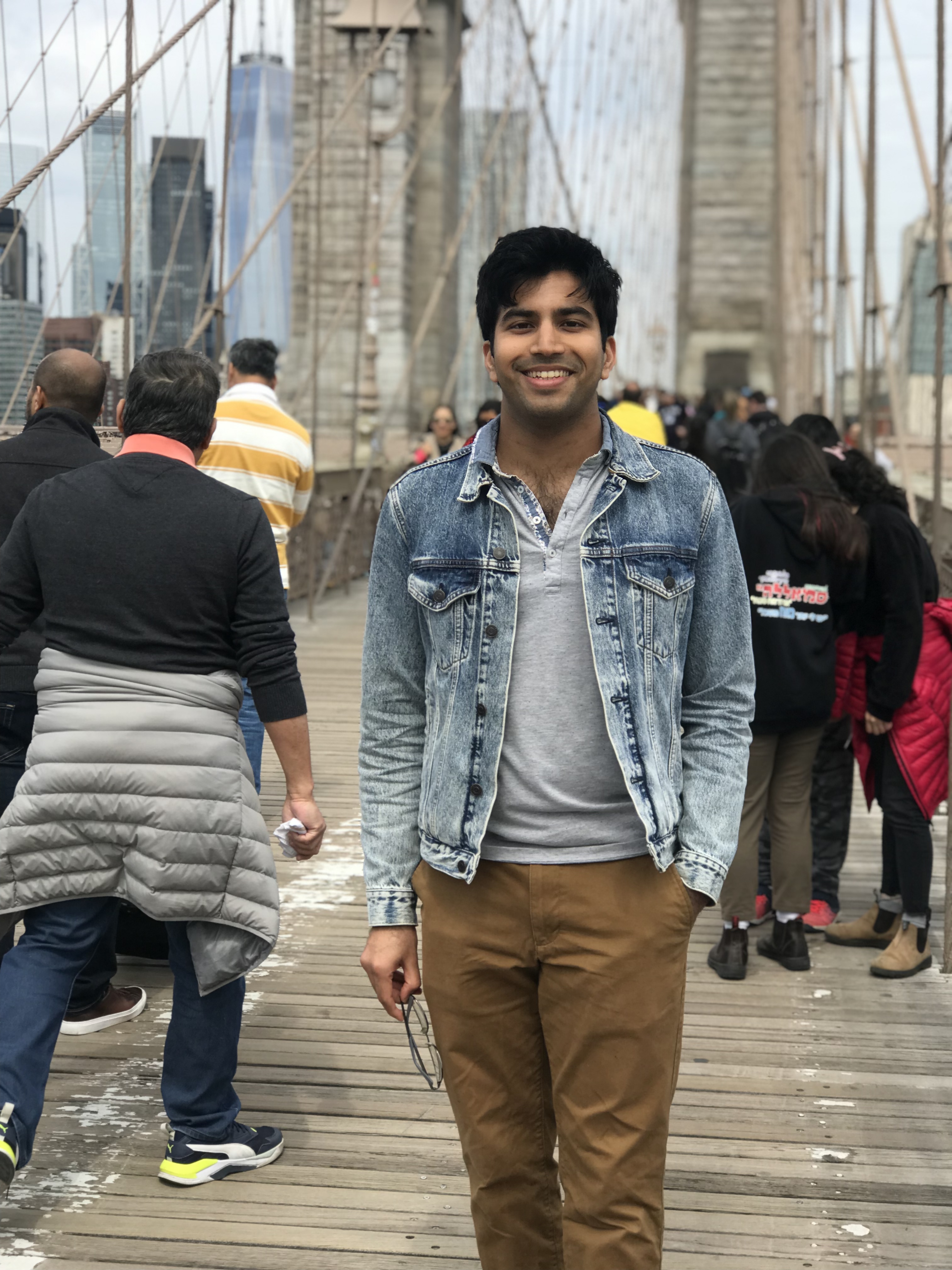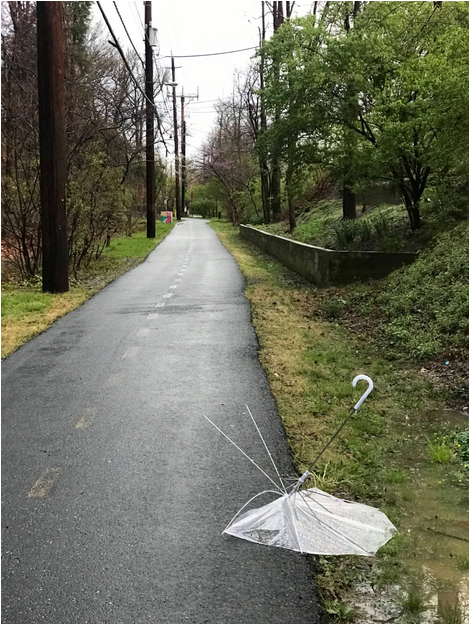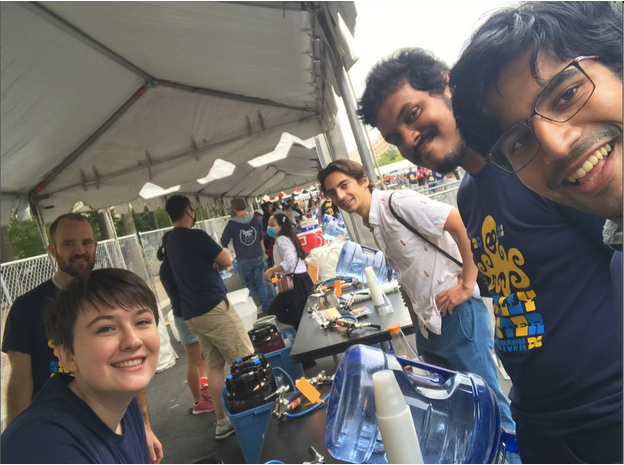 Research Area: Applied Harmonic Analysis
Research Area: Applied Harmonic Analysis
Undergraduate Institution: Amherst College
Hometown: Mumbai, India
Why did you choose to come to AMSC?
There were many factors that drew me to AMSC. First, and most generally, I liked that the program had so many avenues to do interdisciplinary research. I also felt that the academic structure lends itself well to prepare rigorously for research in applied mathematics because it encourages students to develop a working knowledge of not only mathematics, but also their application area.
Secondly—and this is more specific to me—I wanted to work with the faculty associated with the Norbert Wiener Center for Harmonic Analysis here at UMD. I was interested in applied harmonic analysis, so it felt pretty sensible to choose a program with a dedicated center for this subject!
Lastly, AMSC students obtain good positions in academia and in the industry, so I felt quite assured that this program in particular would not only support my career interests, but also help me go places that other programs probably would not.
What are your research interests and why? How did you discover this interest?
I am currently working on two problems related to computational harmonic analysis and machine learning. I 
got interested in harmonic analysis during my last year of college, but at UMD my co-advisors showed me some neat applications of the subject when combined with machine learning.
What do you like to do in your free time?
I love cooking (I can make a mean carbonara), going around DC (especially for stand-up, DC spirits games, and the art galleries), and broodily existing at vigilante coffee staring into space or pretending to work. I’m also learning the piano, but I wouldn’t really advertise my piano skills.
What are your favorite parts of the greater Washington DC area?
I quite like the areas around Adams Morgan, which has lots of nice places to walk around, eat, or drink, and DuPont circle. DC has many clusters of embassies too which are open for the public from time to time.
What advice would you give to incoming students?
I think it’s very important to recognize that the PhD is a marathon not a sprint, and that every student has their own unique journey of ups and downs. It’s very natural to compare oneself to others, and to some extent that can be motivating, but you should always remember that your work carries great worth and is as important to you as the accomplishments of your peers are to them.

